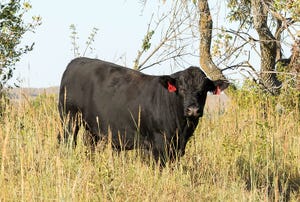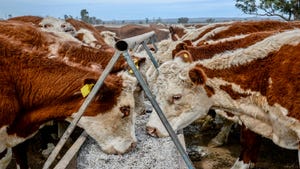Do Your Homework Before You Plant A Cover Crop
Cover crops can provide benefits like weed suppression and erosion contol.

Cover crops can provide Mid-South producers with weed suppression, improvements in soil health and erosion control. But University of Arkansas weed scientist Jason Norsworthy urges producers to do their homework before planting one. It’s critical to match your cover crop to region, soil type and crop mix among other factors.
Norsworthy has been researching cover crops since the early 2000s, and more recently has focused on his efforts on the effects of a cover crop on suppression of glyphosate-resistant Palmer amaranth.
His studies have shown that choice of a cover crop is the first and most important decision a farmer makes.
For example, legume cover crops can provide a nitrogen benefit, but can deteriorate quickly, allowing sunlight to reach soil, and actually triggering emergence and growth of weeds. “Where I had hairy vetch and Austrian winter peas as cover crops in research plots, I had more pigweed in than I did where I didn’t have a cover crop.”
To read the entire article, click here.
You Might Also Like:
60+ Stunning Photos That Showcase Ranch Work Ethics
3 Beef Industry Challenges That Wont Go Away Soon
Beef Packers Stymied By Shortage Of Working Capital
Readers Share Their Best Of The Worst Ranch Moments
About the Author(s)
You May Also Like





